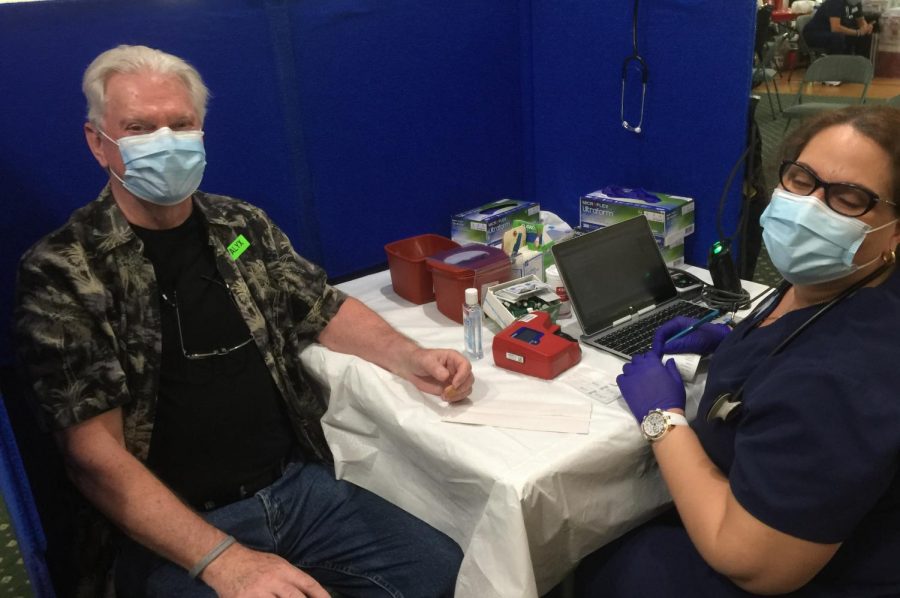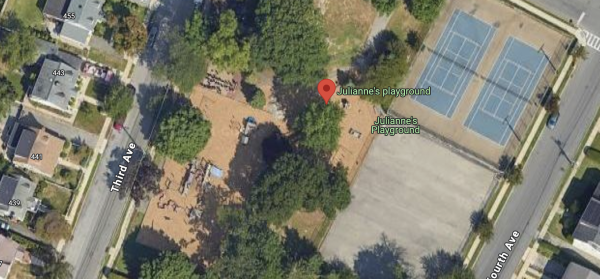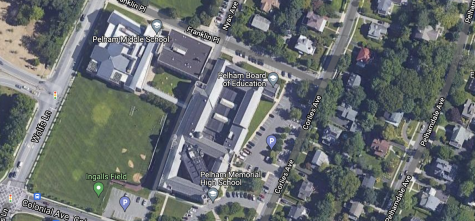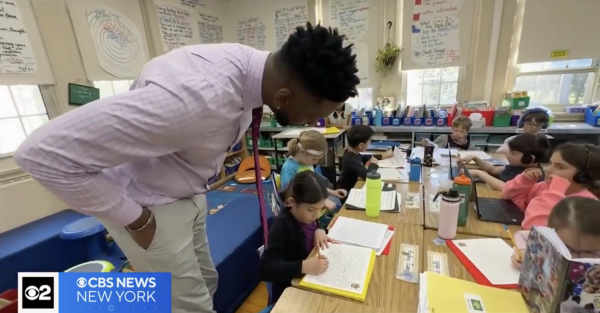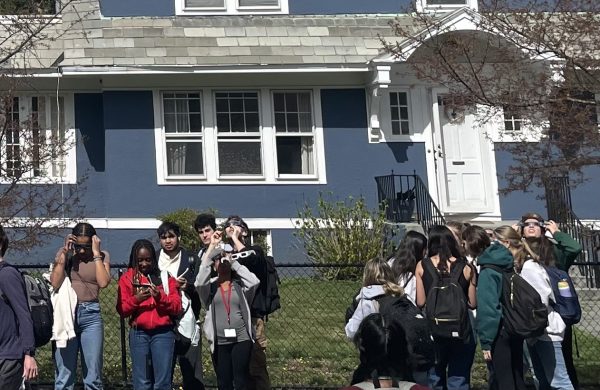Blood donations drop during coronavirus pandemic; NY-area hospitals need donors to step up
Joe Durnin of Pelham donated blood during Manor Club drive in July.
Life-saving blood donations have dropped significantly because of the coronavirus pandemic.
The level of donations are 65% of what they were before the pandemic. “Because during the earlier months when there were fewer cases nationwide, there was blood shared from other parts of the country to make up for the deficit in donations in our area,” said Andrea Cefarelli, senior executive director at the New York Blood Center. Now, all parts of the country are having trouble attracting enough donors.
Throughout the pandemic, there were shortages, but hospitals were able to get the blood they needed. In New York, 1,500 donations are needed each day to treat cancer patients and newborn babies and their mothers, among others. Hospitals have had to manage their blood and platelet usage carefully with the tighter supply, Cefarelli said.
Before the pandemic, there were many places around the state to donate blood, most of which have had to close. Donors are now asked to make appointments in advance. There are 19 donor centers. Donors can go here to sign up.
The main reason people haven’t been donating blood is because they are worried about Covid-19.
The donation centers are safe and are taking extra precautions to prevent the spread of Covid-19, said Cefarelli. Donors must have their temperature taken, wear masks and be 14 days symptom free if they have recovered from Covid-19. If someone is on self-quarantine restrictions or has tested positive within the past 14 days, they cannot donate. Staffers are practicing self-assessments before coming to work, and the sites to donate blood are frequently cleaned. Donors are being asked to self assess for flu-like symptoms before going to donate blood.
When donating, donors should eat well that day, bring a friend to donate with them, a face covering and an ID. They should plan for it to take an hour. Donating is safe, and it could save a life.
Oliver Lavallee is a junior at Pelham Memorial High School. In addition to writing, he enjoys reading, drawing and playing drums.



